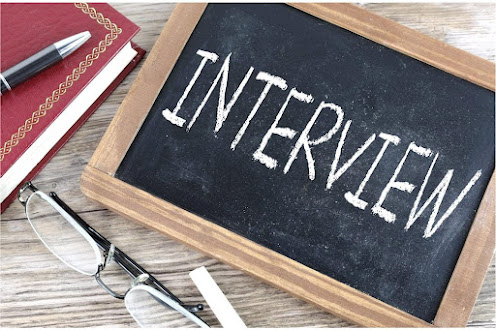Three Common Weaknesses in Job Interviews
Introduction
Job interviews can be a nerve-wracking experience for many candidates. While you may be eager to showcase your strengths and qualifications, interviewers often ask about your weaknesses to gain a more comprehensive understanding of your fit for the role. It's crucial to approach this question thoughtfully and strategically. In this blog, we'll delve into three common weaknesses job interview examples, along with tips on how to address them professionally.
1. Lack of Experience in a Specific Skill
One common weakness candidates may face is a lack of experience in a specific skill required for the job. It's essential to be honest about your limitations while framing them in a way that demonstrates your willingness to learn and adapt. Here's how to handle this weakness effectively:
Example Weakness: "I have limited experience with data analysis software."
Professional Response: "While I haven't had extensive exposure to data analysis software in my previous roles, I'm enthusiastic about expanding my skillset. I've already started taking online courses and seeking mentorship to enhance my proficiency. I believe my adaptability and eagerness to learn will help me quickly bridge this gap and contribute effectively to the team."
2. Perfectionism
Some candidates may admit to being perfectionists as a weakness. While striving for perfection can be seen as a positive trait, it can sometimes hinder productivity and teamwork. Here's how to turn this weakness into a positive attribute:
Example Weakness: "I tend to be a perfectionist and spend too much time refining my work."
Professional Response: "I've often been told that I'm a perfectionist, and while it's driven me to produce high-quality work, I've learned that it can sometimes slow down project timelines. I've been actively working on finding the right balance between striving for excellence and meeting deadlines. I've started prioritizing tasks more effectively and seeking feedback earlier in the process to ensure my work aligns with project goals."
3. Public Speaking Anxiety
Public speaking anxiety is a common weakness, especially for roles that require effective communication. Admitting this fear can be a powerful demonstration of self-awareness and your commitment to personal growth. Here's how to address this weakness:
Example Weakness: "I occasionally experience anxiety when speaking in public."
Professional Response: "While I have a strong foundation in written communication and one-on-one discussions, I acknowledge that I occasionally experience public speaking anxiety. To address this, I've actively participated in public speaking workshops and joined a Toastmasters group to improve my presentation skills. I believe that with practice and exposure, I will become a more confident and effective communicator."
Conclusion
Job interviews are an opportunity to showcase your strengths and demonstrate your ability to overcome weaknesses. When discussing weaknesses, it's essential to maintain professionalism, self-awareness, and a growth-oriented mindset. Remember that interviewers are not looking for perfection; they want to see how you handle challenges and your commitment to personal and professional development. By addressing weaknesses thoughtfully and proactively, you can leave a positive impression and increase your chances of landing your desired job.

